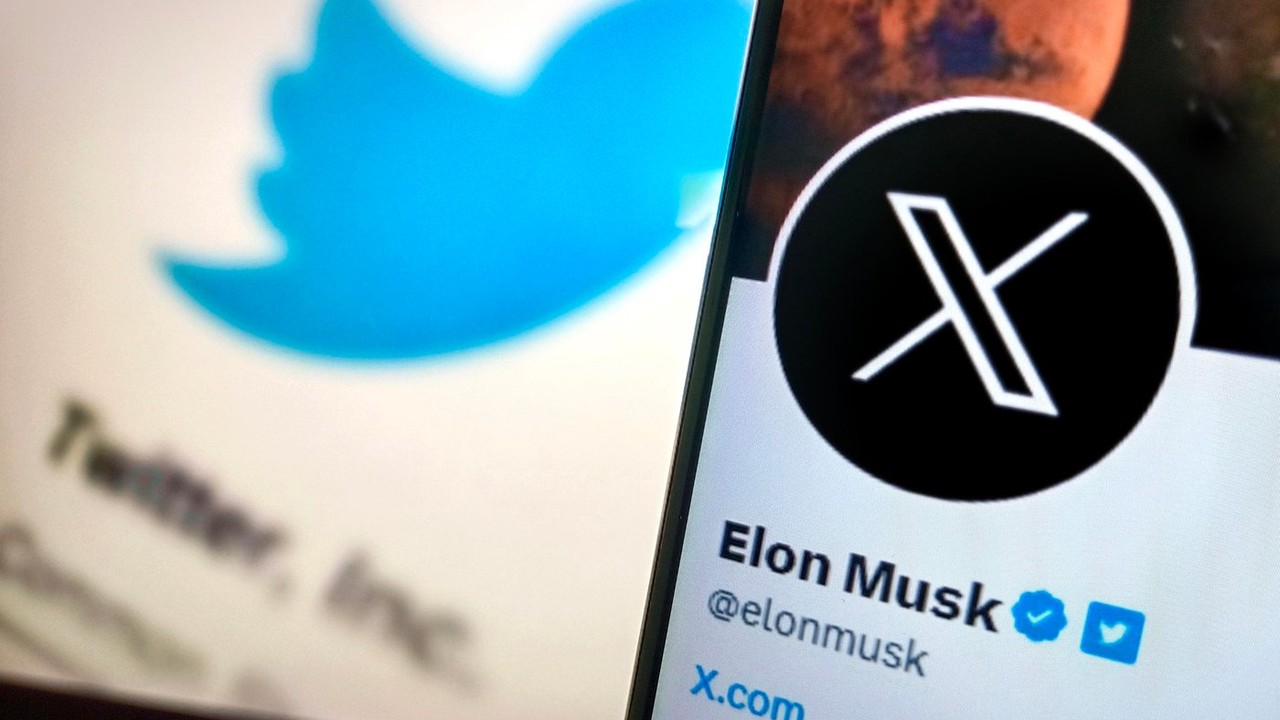Fake accounts can no longer find refuge on X!
Formerly known as Twitter and now as X, the platform launches its most aggressive battle against fraudulent accounts.

Social media platform X, previously known as Twitter, has introduced an ID verification system for its premium users, aiming to tackle issues of impersonation. This system allows for the validation of users through government-issued IDs. In collaboration with Israel's Au10tix, the company has established this new identity verification process. Although there's a notice suggesting that Au10tix might keep the data for a period of up to 30 days, this initiative isn't globally available. Specifically, it excludes regions like the European Union, the European Economic Area, and the UK, likely due to their stringent data privacy regulations.
The practical benefits of this ID verification remain somewhat nebulous. The company has hinted at utilizing the age information from the IDs for content age restrictions. X's primary aim with this step is to mitigate impersonation risks. They've stated their intent to explore more strategies, such as customizing user access to age-appropriate content and warding off spam or harmful accounts. This would enhance the quality of discourse on the platform.
Fake accounts can no longer find refuge on X!
Once a user completes this verification process, a note will be visible, confirming the validation of their government-issued ID. This confirmation, however, is only visible when one clicks on the blue verification badge on the user's profile. Additionally, the company has mentioned that ID-verified users will be provided with "prioritized support," though the specifics of what this entails remain unclear.
A recent feature rolled out by X allows premium users to conceal their verification badges. In the foreseeable future, users who have their IDs verified might experience quicker checkmark review processes. They will also have the freedom to modify their usernames, display names, or profile pictures more frequently without forfeiting their verification badge. However, this ID verification initiative is currently restricted to paid users, which seems contradictory to X's proclaimed objective of reducing impersonation across the board.
Last April, Twitter halted its original verification system, causing the removal of verification badges from numerous accounts. However, after witnessing significant disruptions, the platform decided to reinstate verification for prominent accounts. Recently, there's been an update in the platform's privacy policy to indicate its capacity to collect users' biometric data, educational background, and employment history. According to a statement given to Bloomberg, X hopes that this strategy will further anchor user accounts to real identities, ensuring a safer and more genuine platform environment.
 Samsung unintentionally leaks user manual for highly anticipated Galaxy Buds FEHardware
Samsung unintentionally leaks user manual for highly anticipated Galaxy Buds FEHardware




